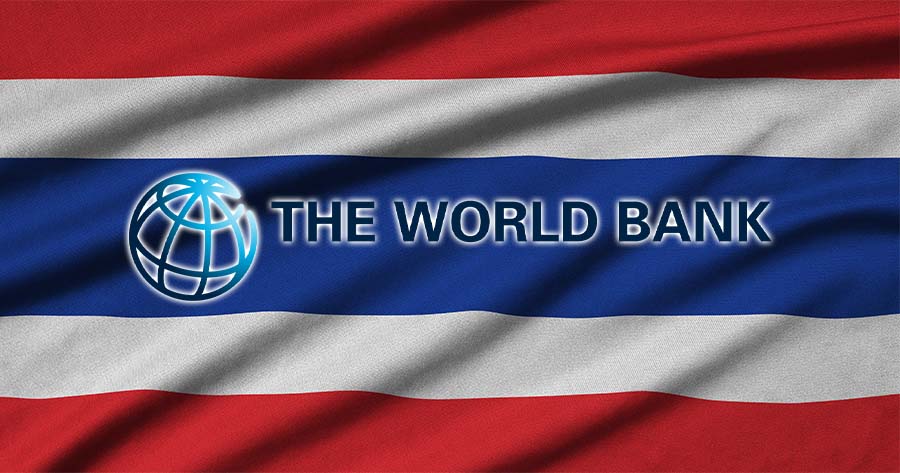The World Bank urged Thailand to increase its long-term revenue collection in order to meet the rising spending demands triggered by an aging population, while maintaining public debt under control.
According to the bank’s Monday predictions for Thailand’s public revenue and spending, the government would need to increase spending on pensions, healthcare, education, and climate adaptation without slowing economic growth or raising public debt.
“Thailand can achieve a more equitable and resilient economy by improving the efficiency of public spending, raising revenues, and implementing policies to support the most vulnerable and respond to climate-related challenges,” Fabrizio Zarcone, World Bank’s country manager for Thailand, said in a statement.
The World bank proposes a package of progressive tax reforms that have the potential to boost revenues by 3.5% of GDP for Thailand’s economy. These include raising the value-added tax (VAT), eliminating exemptions, streamlining personal income tax rates and deductions, and raising property taxes.
To combat the Covid-19 outbreak and to support stimulus measures, Thailand’s debt has risen to nearly 60% from 40% before the pandemic.
The bank said that while public debt has increased due to the government’s response to the pandemic, fiscal risks remain controllable and the government may expand expenditure on public infrastructure and other vital sectors by streamlining spending in other areas.





